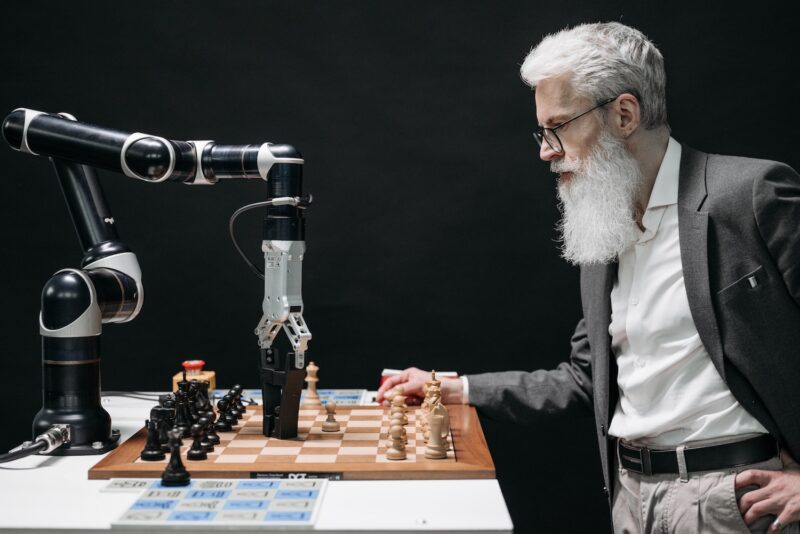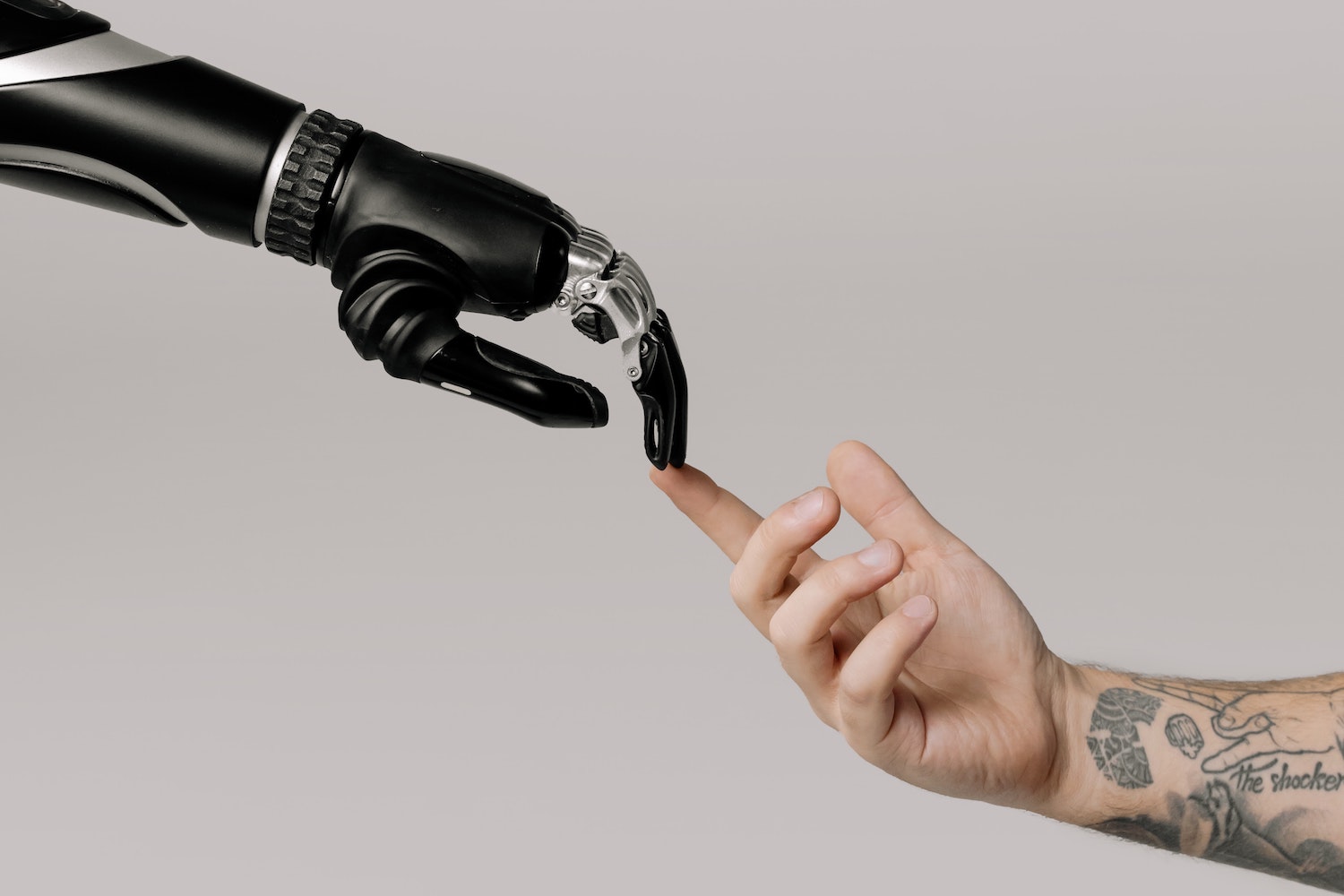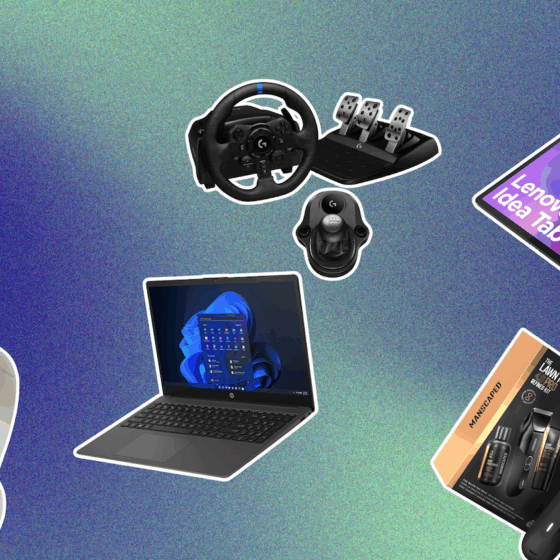Artificial Intelligence (AI) is a rapidly growing field of technology that enables machines to perform tasks that would typically require human intelligence, such as decision-making, speech recognition, and visual perception. The ability of AI to learn, reason, and solve complex problems has the potential to revolutionize many aspects of society, from healthcare to education to transportation. But that’s just a snippet of its endless possibilities.

Intelligence
At its core, AI is based on algorithms that are designed to mimic human cognitive abilities. Machine learning, a subset of AI, allows algorithms to learn from data and improve their performance over time. This means that as more data is fed into an AI system, it becomes better at making accurate predictions and decisions.
Impact
The impact of AI on society is vast and varied, and it is still evolving. One of the most significant benefits of AI is its ability to automate tasks that are time-consuming or dangerous for humans to perform. For example, AI-powered robots can perform dangerous tasks in manufacturing plants or mines, reducing the risk of injury to human workers.
ADVERTISEMENT |
Use Case
AI can also help doctors and healthcare providers to diagnose diseases more accurately and provide personalized treatments to patients. AI algorithms can analyze medical records and imaging data to identify patterns and predict the likelihood of certain diseases. This can lead to earlier diagnoses and more effective treatments, ultimately saving lives.

In education, AI-powered systems can help students learn more effectively by adapting to their individual learning styles and preferences. This can include personalized tutoring, feedback, and recommendations for further study.
Reasons to Be Concerned
AI is not without its challenges and potential negative impacts. One concern is the displacement of jobs, as automation replaces human workers in certain industries. This could lead to significant economic disruption and inequality if those workers are not adequately retrained for new roles.
ADVERTISEMENT |
Another concern is the potential for AI to perpetuate existing biases and inequalities in society. If AI algorithms are trained on biased data, they may perpetuate those biases in their decision-making, leading to discriminatory outcomes. This is a significant issue that must be addressed as AI becomes more prevalent in society.
See also: Gent’s Approved: The Ultimate Gaming Setup with Huawei
Ultimately, artificial intelligence has the potential to transform society in many ways, from improving healthcare to automating tasks to enhancing education. However, it is essential to ensure that the development and deployment of AI are done responsibly, with a focus on reducing potential negative impacts such as job displacement and perpetuating biases. By doing so, we can harness the power of AI to create a better, more equitable future for all.
ADVERTISEMENT |
Feature image by cottonbro studio












